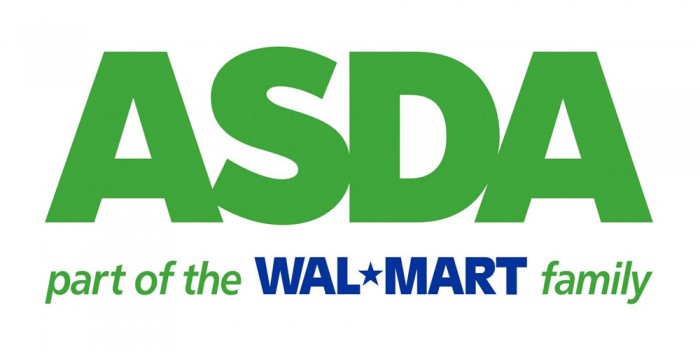Learning from Bus Buddhists
In psychological terms, context is almost everything. Much as we like to think that we know how we will act and react in a given situation, without the richness of...
Retailer Insanity: Why Asda (Wal-Mart) Has Lost the Plot

I don’t own shares in the UK supermarket chain Asda (or rather their parent company Wal-Mart) but if I did I would be selling them just about now.
Earlier this month Asda announced that they wanted to invoke a new era of ‘democratic consumerism’. To quote their chief executive Andy Bond this will be “the dawn of a new age where customers dictate how we do business and the products we sell.”
Dictate!
To facilitate this the company is setting up a massive internet based survey, so that it can regularly solicit the opinions of 18,000 customers when decisions are being taken on issues like purchasing.
Don’t misunderstand me, I’m all for democracy. But Asda already has it. They choose what to do and look at the numbers of people who come through their doors and what they choose to buy when they get there.
But there’s no point asking customers their opinions for two reasons:
Recently two polls were conducted about what people in the UK thought should be done with the £5 of the TV Licence Fee that is no longer required to support the old and disabled with the process of switching over to digital television.
One poll, conducted by the BBC, concluded that only 6% of people wanted the money to be used to fund local news programmes on channels other than the BBC.
The other poll concluded that 66% of people wanted it to be used to fund local news programmes.
Both polls were commissioned by large and respected market research companies that turn over millions of pounds each year.
Anyone interested in knowing why there was such a dramatic discrepancy can find out when my book is published!
So whilst Asda’s surveys will provide plenty of data the numbers may well be meaningless.
As Henry Ford said, “If I’d asked my customers what they wanted they’d have said a faster horse.”
Of course, there is another angle to Asda’s initiative, evidenced by the proximity of one of the UK’s most prominent PR people at the launch.
This seems like a positive thing to do. If customers feel involved in Asda’s decisions they will feel more positive about shopping there.
That’s fine until something happens that promotes a strong customer opinion that is at odds with what customers really do.
For example, if there is a public campaign about the conditions on chicken farms, the 18,000 respondents might well shout with one voice that they don’t want chicken sourced from battery farms. Logically, Asda should also ask about all the other meat products and inform customers about the conditions they are reared and dispatched in.
The chance is that, given how they’ve been primed by the stories about chickens, they will react with similar indignation.
Asda’s meat products are changed and their prices increase significantly.
But a few weeks later customers happen to shop at a rival store and find their final bill is significantly cheaper. All they’ve done differently is buy the chicken from the biggest section of the display that they had always purchased before the media campaign.
Now Asda starts to lose customers, but how does it reconcile what customers said and, when asked, continue to say, with what they’ve done before in their own stores and are continuing to do in their competitors?
It’s going to a fascinating experiment, provided you don’t have your own money tied up in it!
Image courtesy: South Leeds Life